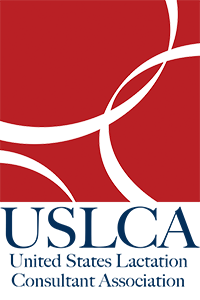USLCA unequivocally supports the role of the IBCLC in lactation care as the clinical experts who possess the breadth of training and knowledge to address the most complex of lactation issues in the clinical setting. We recognize that within the current healthcare environment in the United States, licensure is one way to elevate the profession and achieve recognition among the entire healthcare team. We have, however, developed a greater understanding of the impact licensure has at the state level and the larger ramifications of the inequities and disparities in accessing quality healthcare. Improving access to care through stronger insurance provisions, including reimbursement, and sustainable vocational development and growth that benefit all lactation care providers are equally important priorities, as well.
Due to the varying complexities of regulatory processes from state to state, we recognize that each bill written and law and regulation enacted will have distinct differences. Despite these variables, however, we believe strongly in one constant: that efforts to integrate licensing of those who practice lactation care should be accomplished in an inclusive manner that does not restrict the practice of any providers not addressed in the licensing requirements.
We are grateful for the foundational efforts to date related to licensure, as we navigate the complexities of healthcare as an entire profession. Enhancing our skills through expanded learning and development while working to further integrate lactation into the broader healthcare landscape will benefit, not only the profession, but also those who receive our care.
Below are copies of the current licensure laws that exist across the country as well as a model licensure bill to serve as a guide and resource for future efforts.
Existing Laws:
Georgia
HB 649
New Mexico
HB 138
Regulations
Oregon
HB 2503
Regulations 475-495
Rhode Island
HB 7914
Regulations

